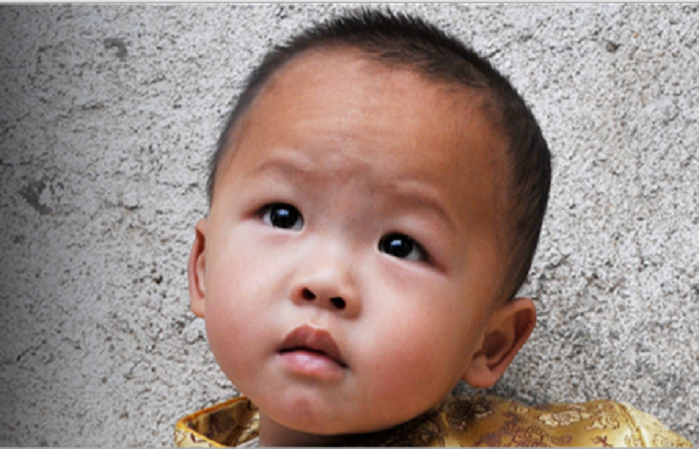After decades of forced abortions and sterilizations, Chinese government leaders now appear to be realizing the devastating effects of their population control laws.
With the population crisis growing, Chinese leaders now are considering incentives to encourage families to have children, Breitbart reports. Leaders of the Liaoning Province in the northeast are considering financial incentives, while Jianxi Province leaders are debating stricter abortion laws.
So far, the country’s decision to change its one-child policy to a two-child policy in 2015 has not had an effect on the birth rates, according to a recent article in the Communist Party’s People’s Daily newspaper. Human rights advocates say forced and coerced abortions continue, despite the relaxed policy.
Women and girls especially have been victims of China’s population control measures. Born women and girls have been subject to horrific abuses such as forced sterilization and abortion, while unborn baby girls have been aborted at astronomical rates, leading to a huge gender imbalance.
Now, leaders appear to be taking action.
Here’s more from the report:
In an effort to encourage couples to have more children, Party officials in northeast Liaoning Province are discussing ways to make it easier for couples to endure the financial burdens of having a child, the People’s Daily reported Wednesday.
“The provincial government will explore enacting policies to reward families who choose to have a second child to alleviate the burden in bearing and raising children, according to a guideline released late last month,” the newspaper stated. Among the potential benefits are tax breaks, help with education and housing, and “social welfare” programs. The initiative appears to be part of a study by China’s National Health Commission on how to increase birth rates and which incentives are most likely to work. …
The Liaoning incentives follow the publication of a report in another Chinese government newspaper, the Global Times, last month announcing another experimental measure put in place in Jianxi province: limiting access to abortions. The Chinese government has imposed a policy of forced abortions on women for decades to keep with the one-child policy but, in Jianxi, government officials are adding more bureaucratic red tape to the process to see if it will trigger a decrease in abortions.
Keep up with the latest pro-life news and information on Twitter. Follow @LifeNewsHQ
“The province’s Health and Family Planning Commission issued a notice recently saying that women who are pregnant for more than 14 weeks must have the signed approval of three medical professionals confirming that an abortion is medically necessary before any procedure,” the Global Times reported at the time.
Some speculate the 14-week abortion limit may have to do with prohibiting sex selection abortions and combating the declining female population. About 13 million unborn babies are aborted annually in China. Population data indicates there currently are 34 million fewer Chinese women than men.
In May, Bloomberg also reported hints that the Chinese government may abandon its family limits. A source told the news outlet that China’s cabinet commissioned research about the impact of ending its two-child policy altogether.
Reggie Littlejohn, of Women’s Rights without Frontiers, expressed hope about the report but hesitated to celebrate until Chinese government acts.
“This would be a momentous victory for human rights and a vindication of the application of international pressure as a strategy to affect change within that totalitarian regime,” Littlejohn said.
However, she also noted the child limits are not the only problem. China also prohibits out-of-wedlock births, and unmarried women often are forced to either pay fines of up to ten times their annual salary or abort their unborn babies, she said. Many times, their children also are denied birth certificates and are ineligible for health care and education, she said.








